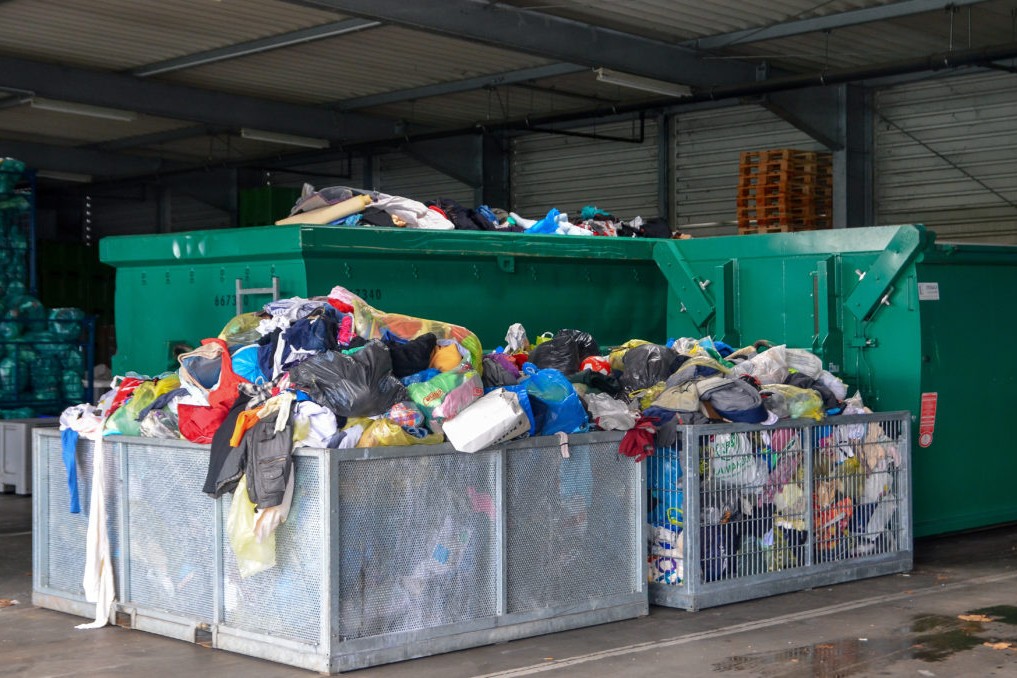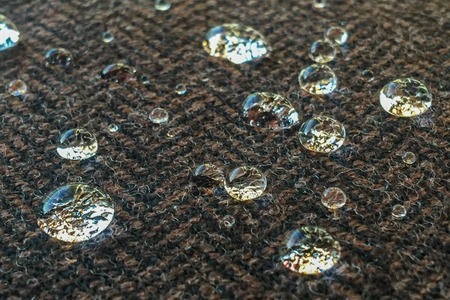
GMCA outlines plans for circular future with textile waste analysis
YarnsandFibers News Bureau 2022-10-30 18:12:57 – USAThe GMCA, a joint authority that combines ten Greater Manchester councils, will perform a compositional analysis to gain a better understanding of the textile waste being disposed of in residual waste bins. The authority's Sustainable Consumption and Production Plan (SCP), which is a part of a larger five-year environmental strategy, includes the research.
The goal of the GMCA's textile waste analysis project is to collect information that will enable it to identify opportunities and challenges for recycling or reducing textile waste in accordance with the concepts of a circular economy.
In order to provide more information about the project, Sarah Mellor, the leader of the GMCA's sustainable consumption and production division, wrote a report that was released in October 2022. It states that the recently formed Textiles and Fashion Industry Challenge Working Group, which consists of regional players from the production, retail, reprocessing, and waste management sectors, will conduct the research.
According to the report, Greater Manchester Districts will collaborate with an undisclosed external provider to carry out the compositional analysis. It is anticipated that this project stage will provide a clearer picture of the kinds and amounts of textile waste being disposed of in residential residual bins.
To identify and measure the inflows and outflows of textiles in the city region, a mapping exercise of the textile material flow will also be carried out. The exercise will assist the authority in determining where assistance may be required to get around obstacles or system losses.
Mellor said that the correct priorities and circular solutions for the region's textile waste problem must be enabled and added that this phase is also crucial for monitoring the solution's effectiveness. There are currently no statistics on textile flows into and out of the urban area.
In the end, the project's findings will be put to use to accelerate Greater Manchester's shift to a circular textile industry. Future actions include the evaluation of automated waste sorting technologies, public awareness campaigns, and the investigation of sustainable end markets that might allow discarded textiles to add value to the neighborhood. Feasibility studies on potential recycling solutions are also on the agenda.
Market Intelligence
Ask for free sample Report

experience
Customer Base
dedicated team
Countries Served Worldwide









